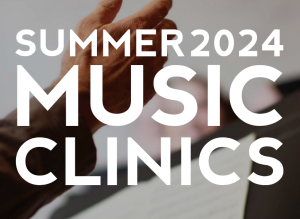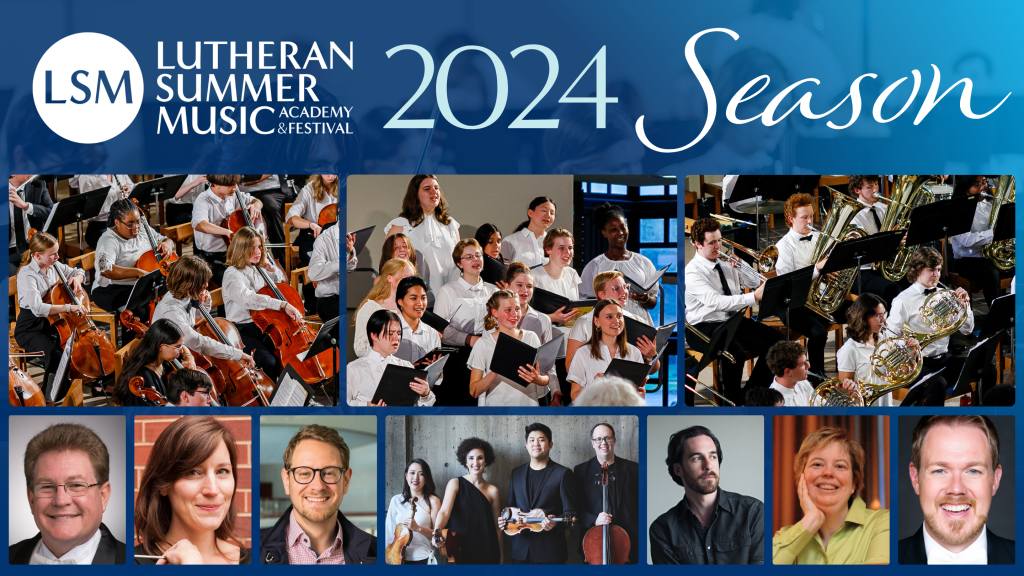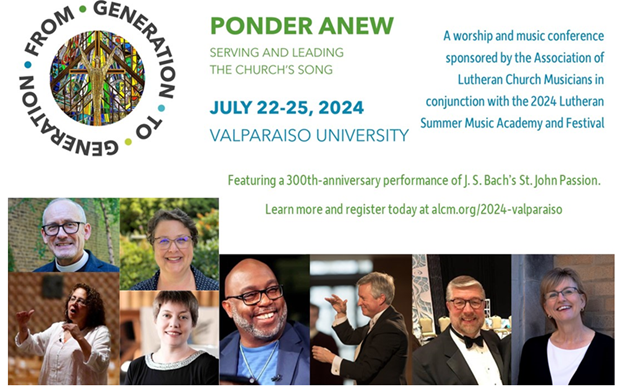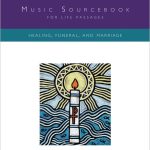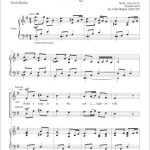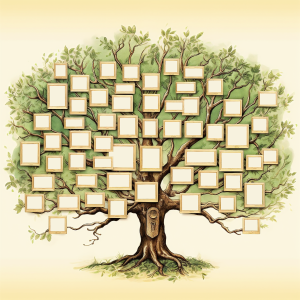from the ELCA advocacy office in Washington, D.C. – the Rev. Amy E. Reumann, Senior Director
SUMMER MEALS AND EBT | FARM BILL | NEW REDERAL RULES RELEASED | NATIONAL SECURITY SUPPLEMENTAL FUNDING | RESPONSE TO CONDITIONS IN HAITI
 SUMMER MEALS AND EBT: The U.S. Department of Agriculture (USDA) is advancing their annual summer meal program, with several key reforms that could help provide food assistance to children in rural areas. As school comes to an end, many state governments will be implementing USDA summer programs including to-go delivered meals in rural communities (non-congregant projects), group meal sites and summer food Electronic Benefits Transfer (EBT) cards for eligible families with children.
SUMMER MEALS AND EBT: The U.S. Department of Agriculture (USDA) is advancing their annual summer meal program, with several key reforms that could help provide food assistance to children in rural areas. As school comes to an end, many state governments will be implementing USDA summer programs including to-go delivered meals in rural communities (non-congregant projects), group meal sites and summer food Electronic Benefits Transfer (EBT) cards for eligible families with children.
Why It Matters to the ELCA
Food programs such as the Supplemental Nutrition Assistance Program (SNAP) accompany the mission of our churches and ministries, food pantries and charitable investments striving for a just world where all are fed. Cuts or newly added barriers to the SNAP program could come at a dire time as food costs continue to climb in many of our communities, and as many of our ministries are over capacity.
What’s Next
The ELCA Action Center has a current active Action Alert urging lawmakers to preserve funding for SNAP and anti-hunger programs in the Farm Bill. ELCA Witness in Society staff will be meeting with congressional staff ahead of potential House introduction and will be monitoring the legislation.
 FARM BILL: The U. S. House of Representatives Agriculture Committee, led by Chair G.T. Thompson (PA-15), released the proposed bill text for the multi-year package of legislation known as the Farm Bill. Find text here. As written, the proposed legislation includes things to celebrate and concerns for our priorities.
FARM BILL: The U. S. House of Representatives Agriculture Committee, led by Chair G.T. Thompson (PA-15), released the proposed bill text for the multi-year package of legislation known as the Farm Bill. Find text here. As written, the proposed legislation includes things to celebrate and concerns for our priorities.
To note, this bill includes the RESTORE Act, which repeals the denial of SNAP benefits for certain individuals with previous drug-related convictions. This bill also incorporates innovative policies that aim to support farmers, promote sustainable practices, and strengthen rural development: most notably are the provisions that will help streamline rural development permitting processes and reinforcing broadband connectivity in rural communities. Additionally, this proposal would be the largest investment in conservation programs, to date.
With deep gratitude for these provisions, we have some concerns with the nutrition program and the conservation title that conflict with our priorities. This version of the Farm Bill, proposed by the House Agriculture Committee, would limit the ability to update the Thrifty Food Plan, which provides the basis for calculating SNAP benefits. Also the additional funds for the conservation program, that had originally been set aside for “climate-smart agriculture” incentives from the Inflation Reduction Act, would lose those climate-smart requirements under this proposal. The House Agriculture Committee is scheduled to mark up this draft legislation on Thu., May 23.
Why It Matters to the ELCA
In a world of abundance, we strive for an end to hunger and poverty, and towards a just world where all are fed. Additionally, we are to work with each other and the environment to meet needs without causing undue burdens elsewhere. The Farm Bill is one of the most influential pieces of legislation affecting hunger and conservation in the U.S. and around the world.
What’s Next
More will be known about exactly what is included in Farm Bill reauthorization as planning moves to availability of actual language soon. In this quickly moving climate, visit our Farm Bill Engagement Updates blog page for new information. ELCA advocacy staff is monitoring and is in the process of scheduling meetings with House members to express concern before and after the mark-up that a faithful Farm Bill can be passed that does not result in undermining nutrition and climate-smart programs.
 NEW REDERAL RULES RELEASED: In celebration of Earth Day, the Biden administration announced a series of new federal programs and rules related to environmental protections and climate change. These include rules concerning the Solar for All grant competition, zero-emissions freight sector, pollution reduction from fossil fuel-fired power plants, and new transmission lines.
NEW REDERAL RULES RELEASED: In celebration of Earth Day, the Biden administration announced a series of new federal programs and rules related to environmental protections and climate change. These include rules concerning the Solar for All grant competition, zero-emissions freight sector, pollution reduction from fossil fuel-fired power plants, and new transmission lines.
- $7 billion in grants through the Environmental Protection Agency’s Solar for All grant competition, a key component of the Inflation Reduction Act’s $27 billion Greenhouse Gas Reduction Fund.
- A first-ever national goal to transition to a zero-emissions freight sector for truck, rail, aviation and marine, along with a commitment to develop a national zero-emissions freight strategy.
- A suite of final rules, from the EPA, to reduce pollution from fossil fuel-fired power plants in order to protect all communities from pollution and improve public health without disrupting the delivery of reliable electricity.
- The U.S. Department of Energy (DOE) released a final rule to make federal permitting of new transmission lines more efficient, establishing the Coordinated Interagency Transmission Authorization and Permits program.
Why It Matters to the ELCA
Each announcement is either long-awaited implementation of the 2022 Inflation Reduction Act or finalized federal rules—both of which align with ELCA advocacy efforts to encourage the reduction of greenhouse gas emissions and also promote justice in the process. These announcements come at a great time to ensure these programs can be accessible to communities as soon as possible.
What’s Next
While we celebrate these monumental announcements, we are also closely watching Congress. With executive action often under much scrutiny, especially by Congress, we are expecting that some lawmakers will utilize the Congressional Review Act to challenge some of these measures. This is a resolution that, if passed by Congress, can overturn a federal rule. We will continue to monitor and express support for these new federal rules.
 NATIONAL SECURITY SUPPLEMENTAL FUNDING: Congress passed, and the President signed, the supplemental funding package that included funding for international humanitarian assistance, funded at $9.15 billion. The humanitarian funding will be used to address immediate needs in different countries experiencing emergencies, including provision of food assistance to Ukraine, Gaza, Sudan and Haiti.
NATIONAL SECURITY SUPPLEMENTAL FUNDING: Congress passed, and the President signed, the supplemental funding package that included funding for international humanitarian assistance, funded at $9.15 billion. The humanitarian funding will be used to address immediate needs in different countries experiencing emergencies, including provision of food assistance to Ukraine, Gaza, Sudan and Haiti.
Why It Matters to the ELCA
Many ELCA companions and LWF member churches are involved in providing emergency assistance to displaced and other vulnerable populations in their communities and beyond. They see the scale of needs and have raised concerns about lack of basic provisions from the international community. While not enough, U.S. funding for humanitarian assistance will provide a portion of the support needed in various places around the world.
What’s Next
As Congressional appropriators begin working on FY25 federal budget, Witness in Society advocacy staff continue to advocate for robust allocation of humanitarian aid and other critical international programs to ensure life-saving assistance for those most vulnerable is sustained.
 RESPONSE TO CONDITIONS IN HAITI: In March, the ELCA joined than more than 450 immigration, human rights, faith-based and civil rights organizations in a letter to the Biden administration urging the extension and redesignation of Haiti for Temporary Protected Status (TPS), pause on deportations, and expansion of lawful migration pathways.
RESPONSE TO CONDITIONS IN HAITI: In March, the ELCA joined than more than 450 immigration, human rights, faith-based and civil rights organizations in a letter to the Biden administration urging the extension and redesignation of Haiti for Temporary Protected Status (TPS), pause on deportations, and expansion of lawful migration pathways.
The ELCA also helped lead an interfaith letter from more than 250 faith organizations and faith leaders. On a recent press call with congressional leaders and advocates, the Rev. David Nagler, bishop of the Pacifica Synod, said, “Some of our churches have welcomed Haitian families and have heard their stories… The question before us as a nation is will we make the policy decisions that will protect the vulnerable, provide for basic human needs, and help create a path toward a sustainable and prosperous future?”
Why It Matters to the ELCA
Calling for an indefinite halt to deportations and expulsions to Haiti during times of crisis is not new, as it follows a history of raising concern about conditions in Haiti. In 2023, the ELCA sent a letter to the administration addressing concerns of an “asylum ban” when it was widely reported that new restrictions were forthcoming and noted concern about the threat of harm of deportations to the life and dignity of individuals forced to return.
What’s Next
Even as deadly violence has overtaken the capital of Port-au-Prince, the Biden administration restarted deportations this March. The current TPS designation for Haiti is set to expire on Aug. 4, 2024. The administration must decide soon regarding redesignation.
Receive monthly Advocacy Connections directly by becoming part of the ELCA Advocacy network – http://elca.org/advocacy/signup , and learn more from elca.org/advocacy .
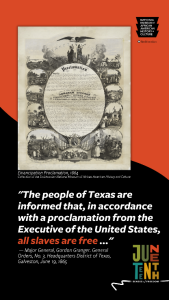
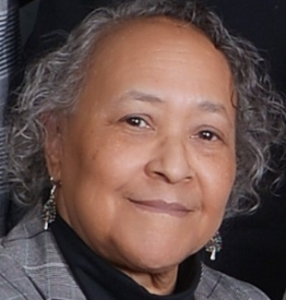 Dianne R. Browne, Ph.D., CFLE, CSE, Chair, ELCA New Jersey Synod Anti-Racism Team
Dianne R. Browne, Ph.D., CFLE, CSE, Chair, ELCA New Jersey Synod Anti-Racism Team

 Bio: Desta Goehner is president of the Association of White Lutherans for Racial Justice and the Director of Thriving Leadership Formation, with 27-plus years of serving in different expressions of the ELCA. She is a trauma-informed spiritual director and a professional Enneagram coach for people and teams in ministry, specializing in conflict resolution, facilitation, leadership and spiritual formation. Desta’s work is dedicated to fostering racial justice, personal growth and healthy, anti-racist leadership in faith communities. For more about her visit
Bio: Desta Goehner is president of the Association of White Lutherans for Racial Justice and the Director of Thriving Leadership Formation, with 27-plus years of serving in different expressions of the ELCA. She is a trauma-informed spiritual director and a professional Enneagram coach for people and teams in ministry, specializing in conflict resolution, facilitation, leadership and spiritual formation. Desta’s work is dedicated to fostering racial justice, personal growth and healthy, anti-racist leadership in faith communities. For more about her visit 
